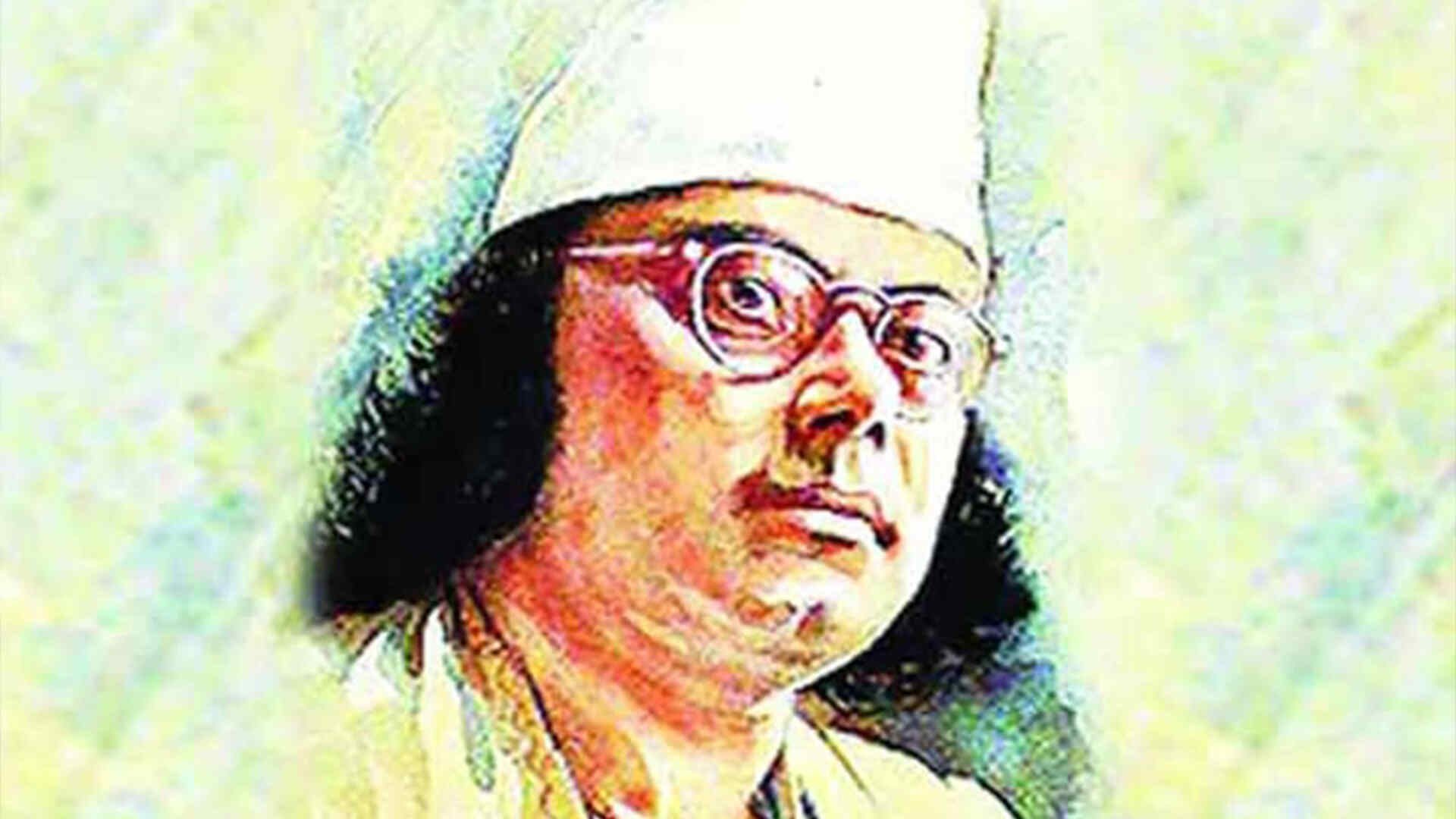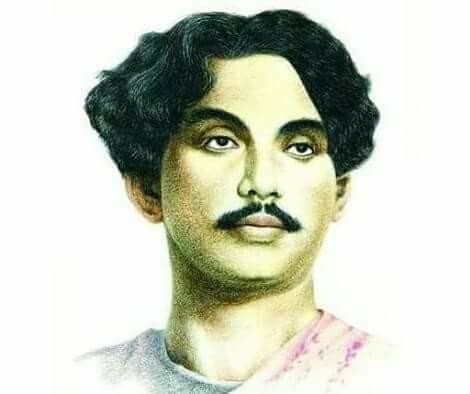
Kazi Nazrul Islam the National Poet of Bangladesh: A Profile Study
Kazi Nazrul Islam (1899–1976) was a prominent Bengali poet, composer, and revolutionary. Known as the “Rebel Poet” (Bidrohi Kavi), he is one of the most influential figures in Bengali literature and a key figure in the literary and cultural movement of the early 20th century in British India. His poetry and songs are known for their themes of rebellion, freedom, justice, and humanity, as well as their deep concern for social and political issues.

Early Life and Education
Kazi Nazrul Islam was born in the village of Churulia in the Burdwan district of Bengal, which is now in West Bengal, India. He grew up in a poor family and faced numerous hardships in his youth. Nazrul was initially educated in local madrasas (Islamic schools) and later joined the British Indian Army during World War I, which had a profound impact on his worldview. His exposure to the horrors of war and the injustices of colonial rule fueled his passionate advocacy for freedom and equality.
Literary Contributions
Nazrul’s literary work spans across poetry, songs, plays, essays, and novels. His early works were heavily influenced by the Bengali Renaissance and his exposure to various political and cultural movements.
- Poetry: Nazrul’s poetry expresses a deep sense of defiance against oppression and injustice. His famous poem Bidrohi (The Rebel) declared a strong stand against the tyranny of the colonial rulers and social inequalities. His work often invoked a call for unity and brotherhood among people of all religions, ethnicities, and classes.
- Songs: Nazrul is also known for his musical compositions. His works in this domain include patriotic songs, devotional songs, and songs that celebrated humanism and universalism. His songs became anthems of resistance during the Indian independence movement.
- Themes: His work revolved around themes of revolution, justice, love, and humanism. He criticized feudalism, religious orthodoxy, and the oppression of the poor, advocating for radical social change and political freedom. Nazrul’s emphasis on religious tolerance was a key part of his appeal across both Hindu and Muslim communities.
- Influence of Sufism: His poetry often incorporated elements of Sufism, and he wrote extensively on the theme of divine love and unity. His profound spiritualism is evident in his collection of devotional poems, which are influenced by his Muslim faith and his commitment to universal human values.
Legacy and Influence
Nazrul’s impact on Bengali culture and literature is immense. He played a significant role in shaping the Bengali nationalist movement through his literature. His songs, poems, and essays were a source of inspiration to those fighting for independence from British colonial rule. He was also a vocal critic of communalism and sought to bridge the gap between Hindus and Muslims.
After India gained independence, Nazrul was honored as the National Poet of Bangladesh. He was also the recipient of numerous awards and honors, including the President’s Award for his contributions to literature and music. In recognition of his extraordinary contributions, Nazrul’s birthday, May 24, is celebrated as “Nazrul Jayanti” in Bangladesh and West Bengal, India.
Nazrul’s influence extended beyond literature into the fields of music, theater, and politics. His music continues to be cherished by people in both Bengal and beyond, and his legacy as a voice for freedom and equality remains timeless.
Later Life and Health
In his later years, Nazrul suffered from a series of illnesses, including a stroke, which left him physically debilitated and mentally affected. Despite his declining health, he continued to compose songs and poems. He spent the last part of his life in Dhaka, where he was given state support by the government of Bangladesh. He passed away in 1976, but his legacy continues to inspire and influence generations.
Notable Works
- Bidrohi (The Rebel): His most famous poem, which became a symbol of resistance against colonial rule.
- Rajbandir Jabanbandi (The Prisoner’s Statement): A collection of poems written during his imprisonment by the British.
- Bismillah: A song in praise of Islamic values and the philosophy of Sufism.
- Muktir Gaan (Song of Freedom): A powerful anthem of liberation.
Nazrul’s body of work continues to be studied, performed, and celebrated, making him one of the central figures in South Asian literature and culture.
